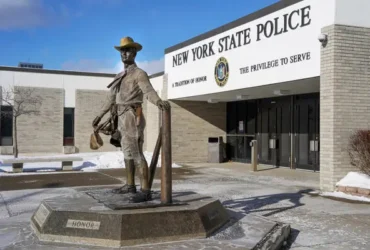The Clean Slate movement, which seeks to end public access to individual criminal records, is gathering momentum across the United States. It is widely lauded as a means to allow people who have reformed or were wrongly arrested to cleanse the public record. By doing so, these people improve their chances for a job, an education, a place to live and a fresh start. At the same time, more than 25 police departments around the country are legally able to erase their own records of allegations of police misconduct and actual findings of guilt. These two types of expungement, while erasing different types of public records, have much in common. Both make it very difficult for the public to keep track of bad cops as public pressure is growing for more accountability in law enforcement.
When records are not public, people cannot look for an officer’s name, or a type of arrest such as jaywalking or disorderly conduct to see if there are specific groups, such as young Black men, who are routinely targeted. And erasing police misconduct records, which in some states are public records until they are expunged, makes it easier for officers to hide troubled histories, stay on the force, or move to a new department without informing the public about past transgressions. With a grant from the Fund, freelance journalist Miranda Spivack examined the risks to law enforcement accountability and transparency created by the erasure of civilian criminal records and the widespread but little-examined scuttling of police discipline records, a practice that has continued for decades, largely without public scrutiny. Her series was published by the McClatchy Newspapers.




